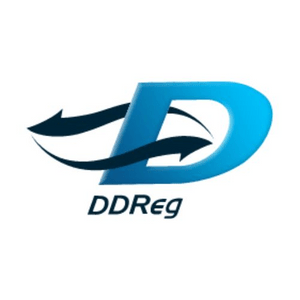
Navigating the Korean market for pharmaceuticals involves understanding the regulatory landscape and ensuring compliance with pharmacovigilance requirements. Here's an overview of pharmacovigilance and regulatory services in South Korea
Regulatory Authority: In South Korea, the regulatory authority responsible for overseeing pharmaceuticals is the Ministry of Food and Drug Safety (MFDS), formerly known as the Korea Food and Drug Administration (KFDA).
- Regulatory Requirements: Before a pharmaceutical product can be marketed in South Korea, it must undergo regulatory approval from the MFDS. This process involves submitting a New Drug Application (NDA) or Marketing Authorization Application (MAA) containing comprehensive data on the safety, efficacy, and quality of the product.
- Pharmacovigilance Requirements: Pharmacovigilance refers to the monitoring and assessment of the safety of pharmaceutical products post-marketing. In South Korea, pharmaceutical companies are required to establish pharmacovigilance systems to collect, evaluate, and report adverse drug reactions (ADRs) to the MFDS. This includes maintaining a local contact person responsible for pharmacovigilance activities and submitting periodic safety reports.
- Local Representation: Companies seeking to market pharmaceutical products in South Korea often require local representation to navigate regulatory processes effectively. This may involve partnering with local regulatory consultants or establishing a subsidiary in South Korea.
- Compliance Assistance: Regulatory consultants specializing in the Korean market can provide assistance with regulatory submissions, pharmacovigilance consulting firm, and navigating the complexities of the regulatory Services . They can also offer guidance on labeling requirements, clinical trial regulations, and post-marketing obligations.
- Language and Cultural Considerations: Understanding Korean language and culture is essential for effective communication with regulatory authorities and healthcare professionals Pharmacovigilance Services in South Korea. Translation services may be necessary for regulatory documents and labeling materials.
- Training and Education: Providing training to personnel involved in pharmacovigilance and regulatory affairs can help ensure compliance with Korean regulations and enhance understanding of local requirements.
Navigating the Korean market for pharmaceuticals requires a thorough understanding of regulatory requirements, pharmacovigilance obligations, and cultural nuances. Partnering with experienced regulatory consultants and local experts can facilitate market entry and ensure compliance with Korean regulations.

